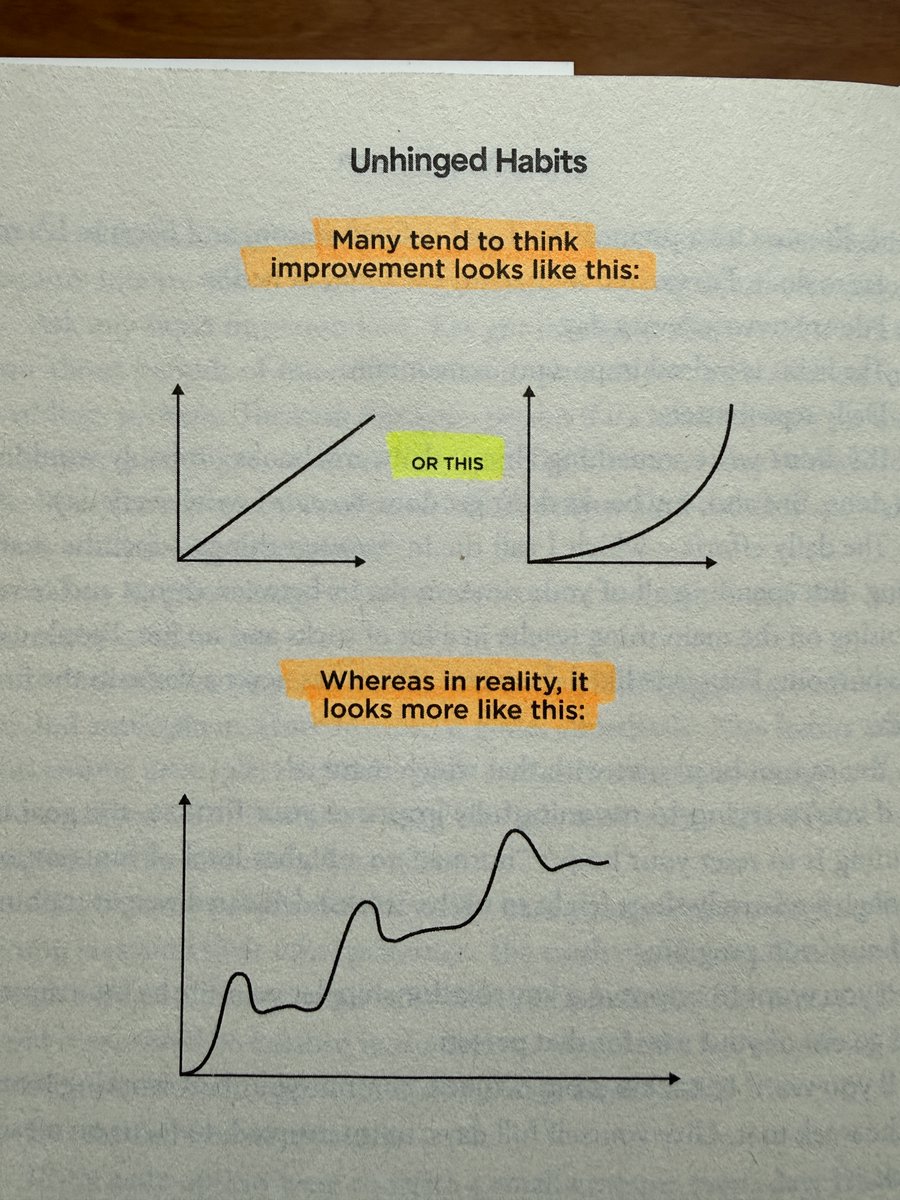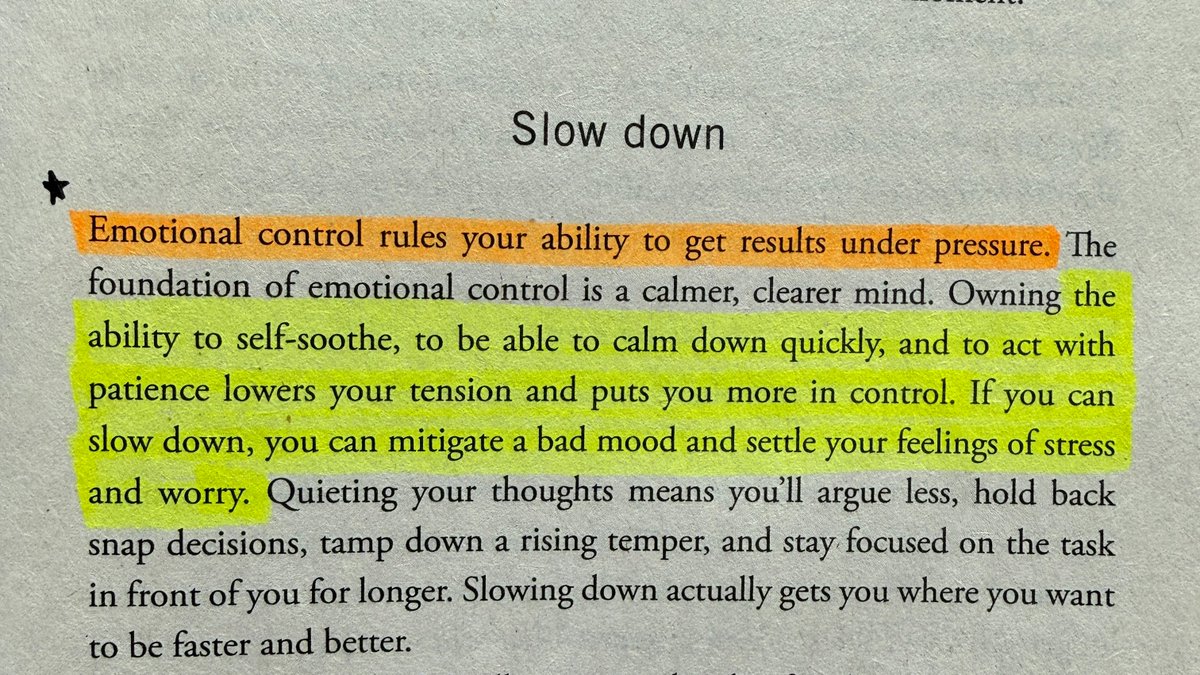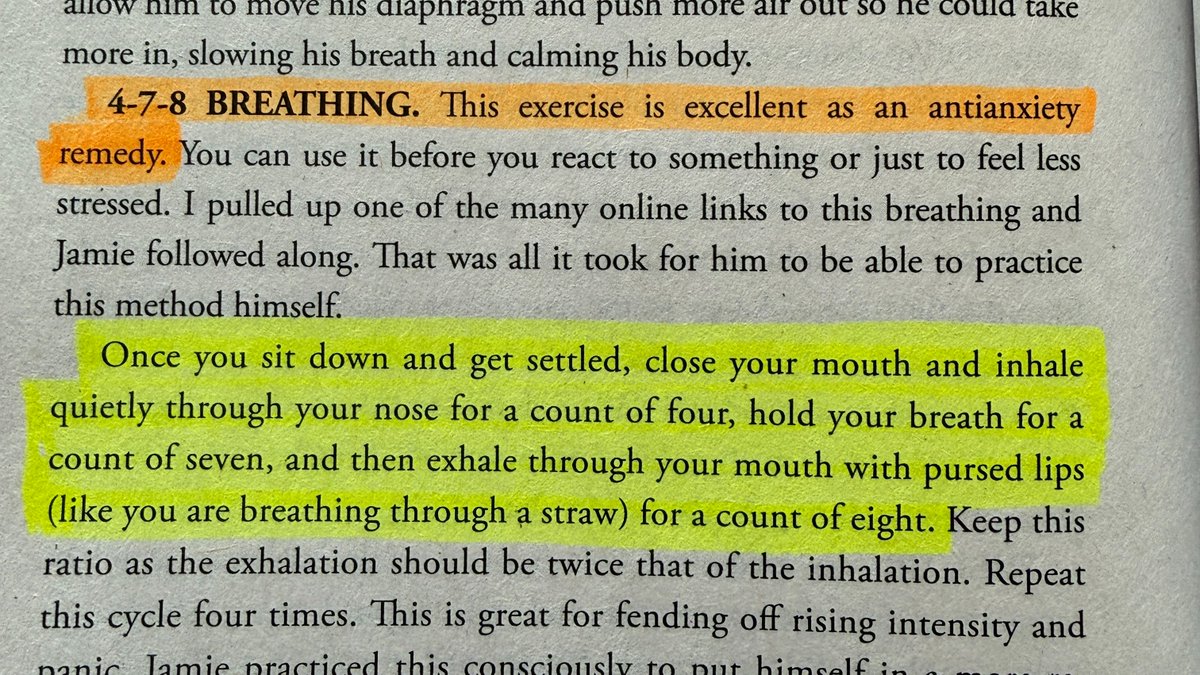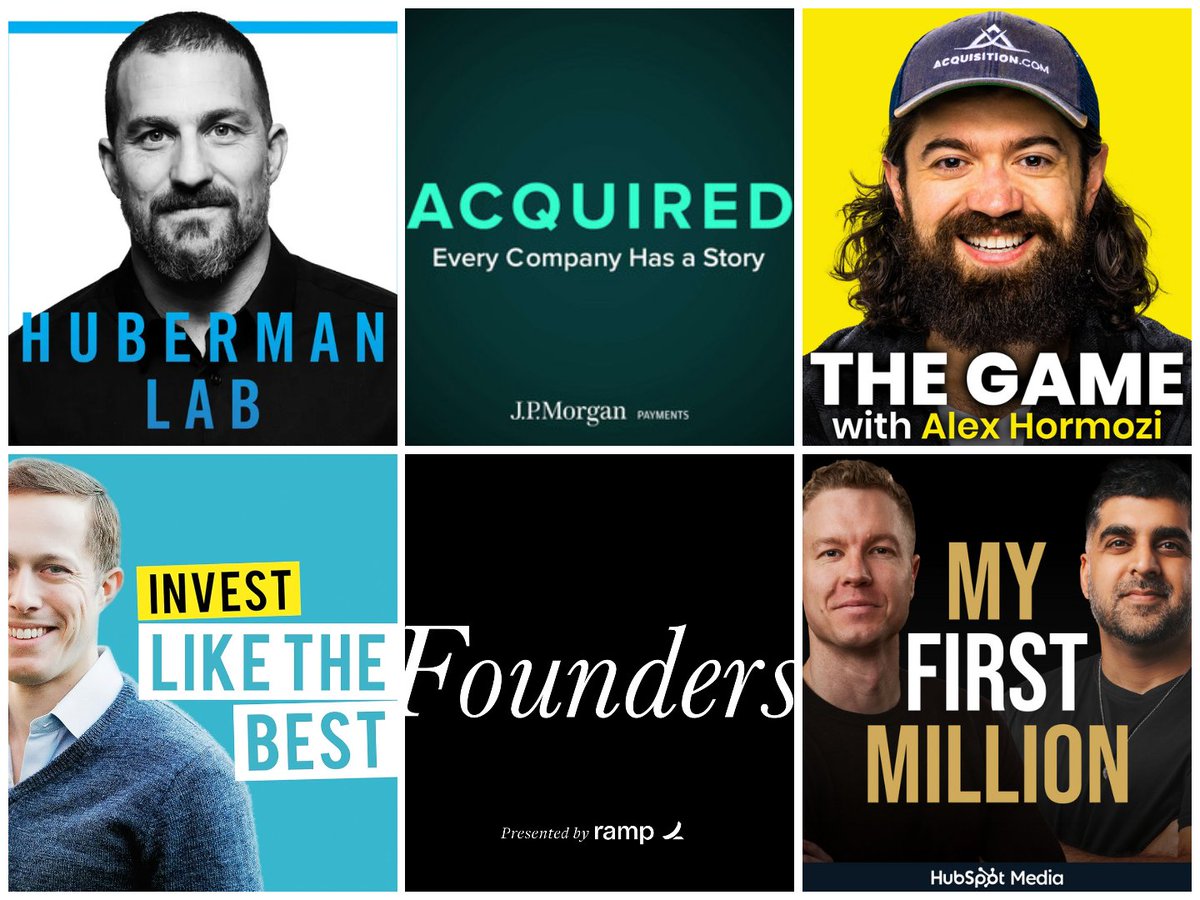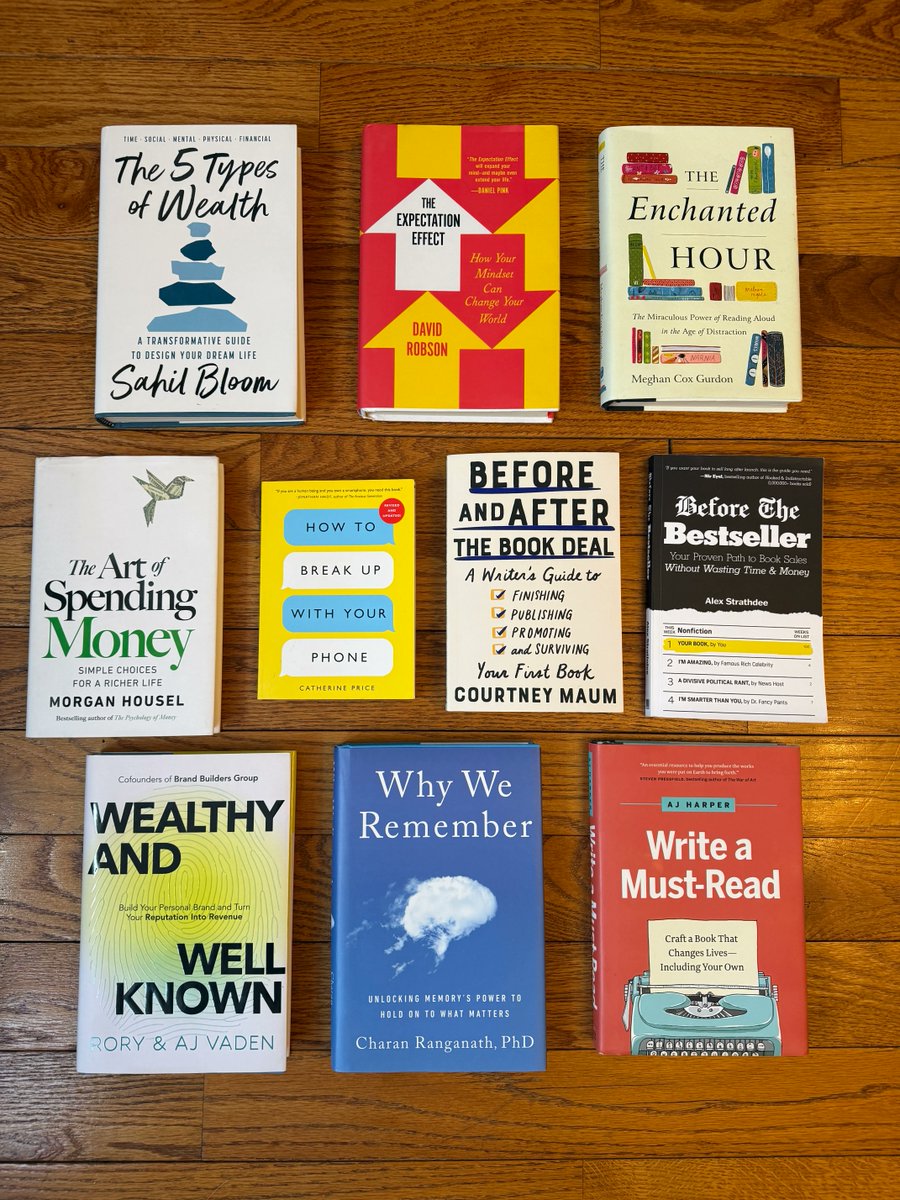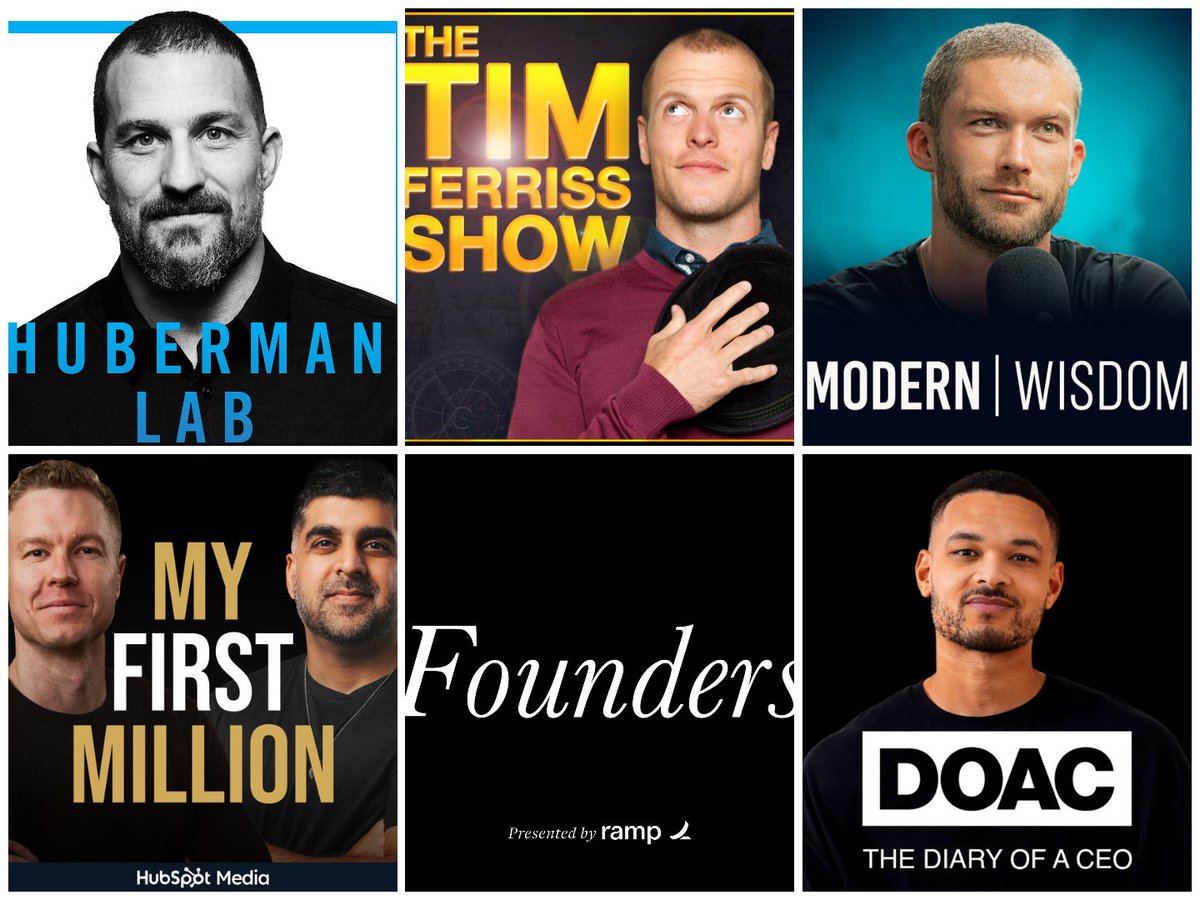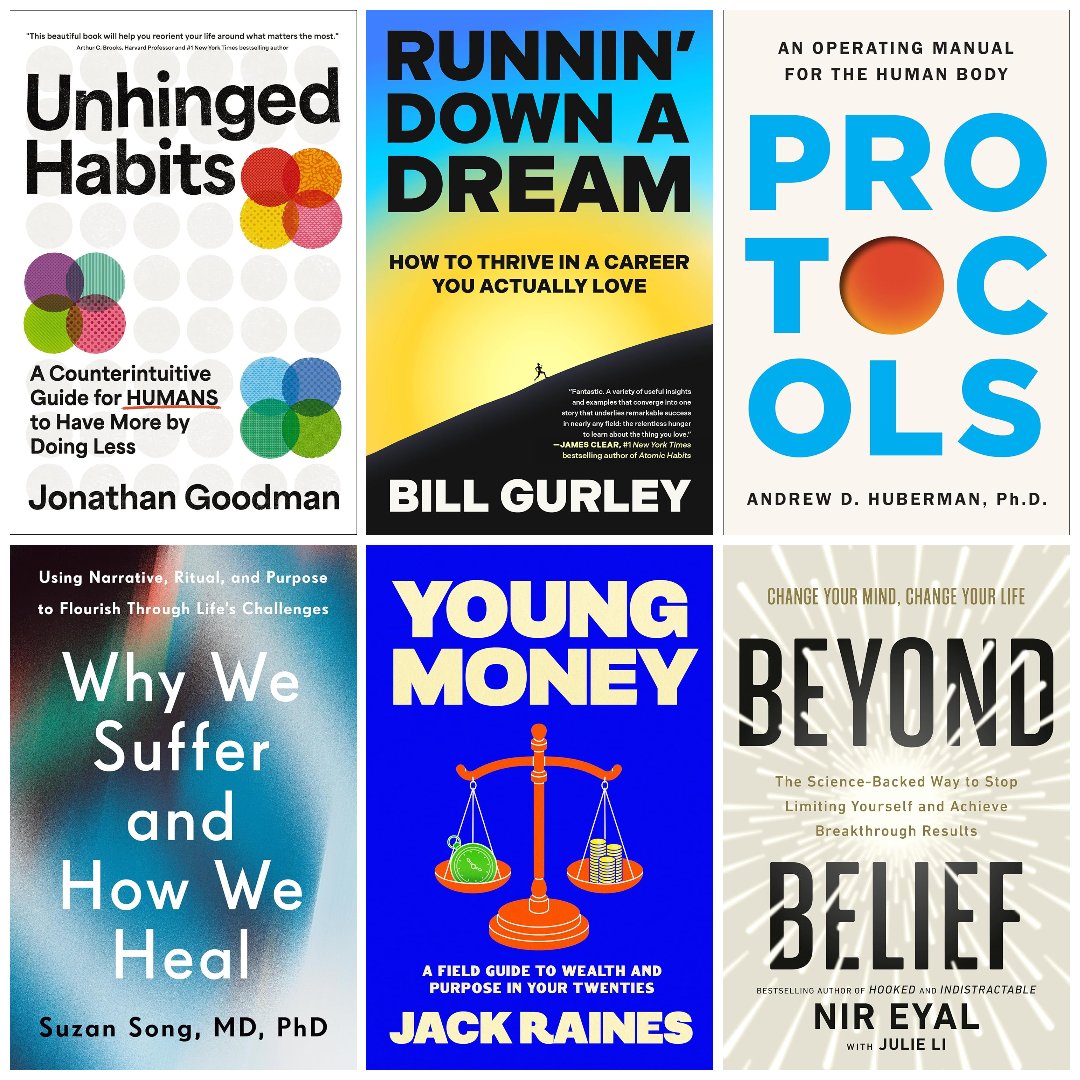I'm building an online course to help people become better readers.
BUT...I've never built a course before.
SO...what do you say we build this together?
• How To Build A Successful Online Course (build-in public edition)
(thread) 🧵
BUT...I've never built a course before.
SO...what do you say we build this together?
• How To Build A Successful Online Course (build-in public edition)
(thread) 🧵
/ Thread Intro:
This will be a live and ongoing thread where I share how and why I'm building my course The Art of Reading.
I'll be transparent about the success of my course and share helpful resources to help YOU build your own course.
Let's begin!
alexbooks.podia.com/the-art-of-rea…
This will be a live and ongoing thread where I share how and why I'm building my course The Art of Reading.
I'll be transparent about the success of my course and share helpful resources to help YOU build your own course.
Let's begin!
alexbooks.podia.com/the-art-of-rea…
1/ Why build a course?
Content creators of today all have a website, social media presence, newsletter, and maybe even a podcast.
The content creators of the future will all have a course (or other digital products).
Why?
Content creators of today all have a website, social media presence, newsletter, and maybe even a podcast.
The content creators of the future will all have a course (or other digital products).
Why?
1/ (part 2)
A course provides infinite leverage. As @jackbutcher famously said, "Build once, sell twice."
Once you've built a course, there's 0 marginal costs to sell it to the next customer.
It costs you to same to sell it to 10 people as it does 100,000 people.
A course provides infinite leverage. As @jackbutcher famously said, "Build once, sell twice."
Once you've built a course, there's 0 marginal costs to sell it to the next customer.
It costs you to same to sell it to 10 people as it does 100,000 people.
1/ (part 3)
A course is also a great way to build up your credibility:
@RobbieCrab is the "speaking guy"
@david_perell is the "writing guy"
@fortelabs is the "notes guy"
And with my course, I'm trying to make @AlexAndBooks_ into the "book guy"
A course is also a great way to build up your credibility:
@RobbieCrab is the "speaking guy"
@david_perell is the "writing guy"
@fortelabs is the "notes guy"
And with my course, I'm trying to make @AlexAndBooks_ into the "book guy"
2/ Your course idea
Your course should solve a problem (or problems) your audience is having.
Talk to them about their biggest challenges and look for trends in frequently asked questions.
Run a Twitter poll and see which course ideas people would be interested in.
Your course should solve a problem (or problems) your audience is having.
Talk to them about their biggest challenges and look for trends in frequently asked questions.
Run a Twitter poll and see which course ideas people would be interested in.
3/ Idea validation
Before you spend your time and energy building a course, you want to make sure people will actually buy your course.
It's great to ask your audience if they'd be interested in a course about X or Y, but the best proof of concept is people actually paying you.
Before you spend your time and energy building a course, you want to make sure people will actually buy your course.
It's great to ask your audience if they'd be interested in a course about X or Y, but the best proof of concept is people actually paying you.
3/ (part 2)
Here was my strategy:
I'd build a sales page for TAoR (The Art of Reading) and if I didn't get at least $3k in presales, I'd refund everyone's money and reconsider building the course or pivot to another topic.
Here was my strategy:
I'd build a sales page for TAoR (The Art of Reading) and if I didn't get at least $3k in presales, I'd refund everyone's money and reconsider building the course or pivot to another topic.
4/ Build your sales page
Before you build your amazing course, first learn how to build an amazing sales page.
If you don't build a sales page that gets people to buy, it doesn't matter how wonderful your course is.
I followed the PASTOR framework by Ray Edwards.
Before you build your amazing course, first learn how to build an amazing sales page.
If you don't build a sales page that gets people to buy, it doesn't matter how wonderful your course is.
I followed the PASTOR framework by Ray Edwards.
4/ (part 2)
You can learn more about the PASTOR framework from Ray's book "How To Write Copy That Sells" or read a summary of it in the article below.
(PS: @mattragland helped me out a ton with my sales page. Reach out to him for coaching.)
goinswriter.com/better-sales-c…
You can learn more about the PASTOR framework from Ray's book "How To Write Copy That Sells" or read a summary of it in the article below.
(PS: @mattragland helped me out a ton with my sales page. Reach out to him for coaching.)
goinswriter.com/better-sales-c…
4/ (part 3)
I used @podia for my sales page.
They have a 14-day free trial which is enough time to launch & see if people are willing to pay for it.
If you don't get the sales you excepted, you can refund everyone's money & still pay $0 to Podia.
podia.com/?via=alex-wiec…
I used @podia for my sales page.
They have a 14-day free trial which is enough time to launch & see if people are willing to pay for it.
If you don't get the sales you excepted, you can refund everyone's money & still pay $0 to Podia.
podia.com/?via=alex-wiec…
5/ Prelaunch
Here's the catch-22:
You want to sell people on your course (to make sure it's valid and worth building), BUT...you haven't actually built a course.
Solution: Do a prelaunch or presale special.
Here's the catch-22:
You want to sell people on your course (to make sure it's valid and worth building), BUT...you haven't actually built a course.
Solution: Do a prelaunch or presale special.
5/ (part 2)
Give people a discount in exchange for their patience, feedback, and belief in you.
Here's how I priced TAoR:
• $79 for early bird presale orders
• $99 for regular presale orders
• $149 once the course is up and running
So by ordering early, people saved 45%!
Give people a discount in exchange for their patience, feedback, and belief in you.
Here's how I priced TAoR:
• $79 for early bird presale orders
• $99 for regular presale orders
• $149 once the course is up and running
So by ordering early, people saved 45%!
6/ The prelaunch launch
You want to tell everyone about your course:
• share it on social media
• post about it on your website
• email your newsletter subscribers
And so on.
You want to tell everyone about your course:
• share it on social media
• post about it on your website
• email your newsletter subscribers
And so on.
6/ (part 2)
Pro tip: Create a coupon code for each platform so you can easily track where sales are coming from.
Here's what I did:
• TWITTER79 for twitter
• INSTAGRAM79 for instagram
• EMAIL79 for newsletter subscribers
Why do this extra work?
Pro tip: Create a coupon code for each platform so you can easily track where sales are coming from.
Here's what I did:
• TWITTER79 for twitter
• INSTAGRAM79 for instagram
• EMAIL79 for newsletter subscribers
Why do this extra work?
6/ (part 3)
You'll learn which platforms give you the best ROI.
(see my stats are below)
A few surprises:
• My Instagram audience is 4x bigger than my Twitter, BUT I got 2x more sales from Twitter.
• My newsletter list is almost as valuable as my Twitter audience.
You'll learn which platforms give you the best ROI.
(see my stats are below)
A few surprises:
• My Instagram audience is 4x bigger than my Twitter, BUT I got 2x more sales from Twitter.
• My newsletter list is almost as valuable as my Twitter audience.
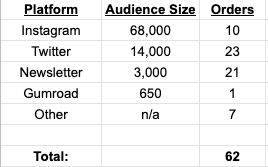
6/ (part 4)
Now that I know Twitter & email give me the best ROI, I'm going to focus more time on growing Alex & Books in those areas and spend less time on Instagram.
I'm also going to promote my course on my website and podcast to see how well it converts there.
Now that I know Twitter & email give me the best ROI, I'm going to focus more time on growing Alex & Books in those areas and spend less time on Instagram.
I'm also going to promote my course on my website and podcast to see how well it converts there.
6/ (part 5)
Since we're building in public, here are my stats:
• Sales: 62
• Revenue: $5,310
This honestly blew me away since the course has only been up for sale for 2 weeks.
If I can earn $4-5k a month, I'd be able to become a full-time creator. 🙏
Since we're building in public, here are my stats:
• Sales: 62
• Revenue: $5,310
This honestly blew me away since the course has only been up for sale for 2 weeks.
If I can earn $4-5k a month, I'd be able to become a full-time creator. 🙏
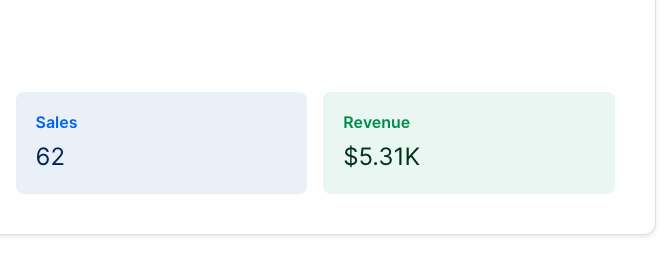
7/ Building the course
Since the prelaunch was a success, it's now time to actually build the course.
I have the knowledge–I just need to write the scripts, record the videos, edit, and upload it all.
I'm also creating summaries of each lesson and helpful worksheets.
Since the prelaunch was a success, it's now time to actually build the course.
I have the knowledge–I just need to write the scripts, record the videos, edit, and upload it all.
I'm also creating summaries of each lesson and helpful worksheets.

INTERMISSION:
As mentioned, this is a live thread so I'll update it as the course progresses.
If you have any questions about my course or building a course in general ask away.
Also, if you have advice/feedback for TAoR, I'd love to hear it!
(stay tuned for more)
As mentioned, this is a live thread so I'll update it as the course progresses.
If you have any questions about my course or building a course in general ask away.
Also, if you have advice/feedback for TAoR, I'd love to hear it!
(stay tuned for more)
8/ The benefits of building in public
When you BiP, you attract incredible people. This thread has only been up for 3 days but since starting it:
• A successful creator gave me free access to their $499 course about building digital products.
When you BiP, you attract incredible people. This thread has only been up for 3 days but since starting it:
• A successful creator gave me free access to their $499 course about building digital products.
8/ (continued)
• A course creator who has made over 7-figures from their course said they’d be happy to check TAoR out.
• A course platform expert shared 3 pages of advice about best marketing & launch practices.
Feeling extremely blessed. Thank you everyone. 🙏
• A course creator who has made over 7-figures from their course said they’d be happy to check TAoR out.
• A course platform expert shared 3 pages of advice about best marketing & launch practices.
Feeling extremely blessed. Thank you everyone. 🙏
9/ Learn from the pros
When starting a new project (like building a course) it’s a smart idea to learn from people who are experts in that area.
Here are a few course experts I’m following & studying:
• @wes_kao
• @ryangum
• @BillyBroas
• @Bazzaruto
When starting a new project (like building a course) it’s a smart idea to learn from people who are experts in that area.
Here are a few course experts I’m following & studying:
• @wes_kao
• @ryangum
• @BillyBroas
• @Bazzaruto
10/ Additional BiP resources
The internet has a community for everything. If you want to learn more about the BiP movement:
• Follow the "BiP guy" aka @thisiskp_ and @buildinpublic_
• And read this great thread about BiP by David Perell:
The internet has a community for everything. If you want to learn more about the BiP movement:
• Follow the "BiP guy" aka @thisiskp_ and @buildinpublic_
• And read this great thread about BiP by David Perell:
https://twitter.com/david_perell/status/1291972308060389376
11/ Have a pre- & post-course survey
Building a course is about a lot more than just the course content.
For instance, after talking to several course creators, they highly recommended creating a survey to give students before AND after they complete the course.
Here's why:
Building a course is about a lot more than just the course content.
For instance, after talking to several course creators, they highly recommended creating a survey to give students before AND after they complete the course.
Here's why:
11/ (part 2)
You want a pre-course survey to measure student's weak points so in the future, if you see a lot of students struggling in one area, you can create more content for that problem.
And by having a post-course survey, you can track students' progress and results.
You want a pre-course survey to measure student's weak points so in the future, if you see a lot of students struggling in one area, you can create more content for that problem.
And by having a post-course survey, you can track students' progress and results.
11/ (part 3)
You could also use the before & after results as social proof and evidence that your course is indeed helping students solve the problems you promised to help with.
You can create a simple survey for free on Google Forms.
Here's a snapshot of mine.

You could also use the before & after results as social proof and evidence that your course is indeed helping students solve the problems you promised to help with.
You can create a simple survey for free on Google Forms.
Here's a snapshot of mine.
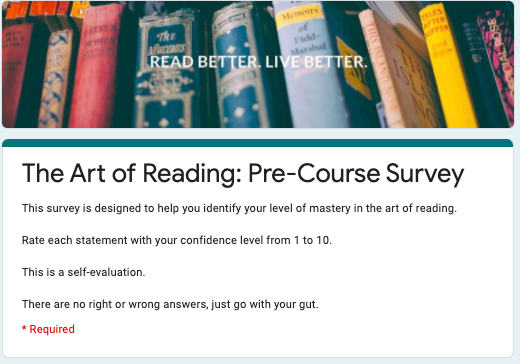
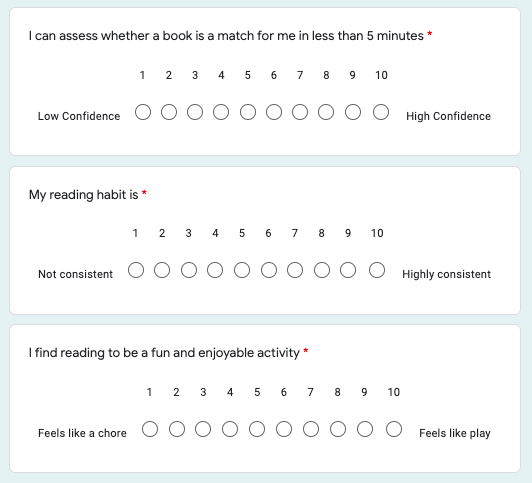
12/ Helpful mindsets for first-time builders
Building a course for the first time is intimidating.
There's so much to do:
• sales page
• marketing
• content creation
• customer service
The list goes on.
Here are two helpful mindsets to remember:
Building a course for the first time is intimidating.
There's so much to do:
• sales page
• marketing
• content creation
• customer service
The list goes on.
Here are two helpful mindsets to remember:
12/ (part 2)
#1: Give yourself permission to suck
Your first course will not be perfect.
If you try to make it perfect, you'll never launch it because there will always be something that you could improve on.
Be okay with publishing imperfect work. You can update it later.
#1: Give yourself permission to suck
Your first course will not be perfect.
If you try to make it perfect, you'll never launch it because there will always be something that you could improve on.
Be okay with publishing imperfect work. You can update it later.
12/ (part 3)
#2: One bite at a time
How do you devour a whale? One bite at a time.
The same is true of courses.
You can't build everything today. Instead, build a small piece of the course each day. Slow progress is still progress. You'll get to the finish line eventually.
#2: One bite at a time
How do you devour a whale? One bite at a time.
The same is true of courses.
You can't build everything today. Instead, build a small piece of the course each day. Slow progress is still progress. You'll get to the finish line eventually.
• • •
Missing some Tweet in this thread? You can try to
force a refresh



